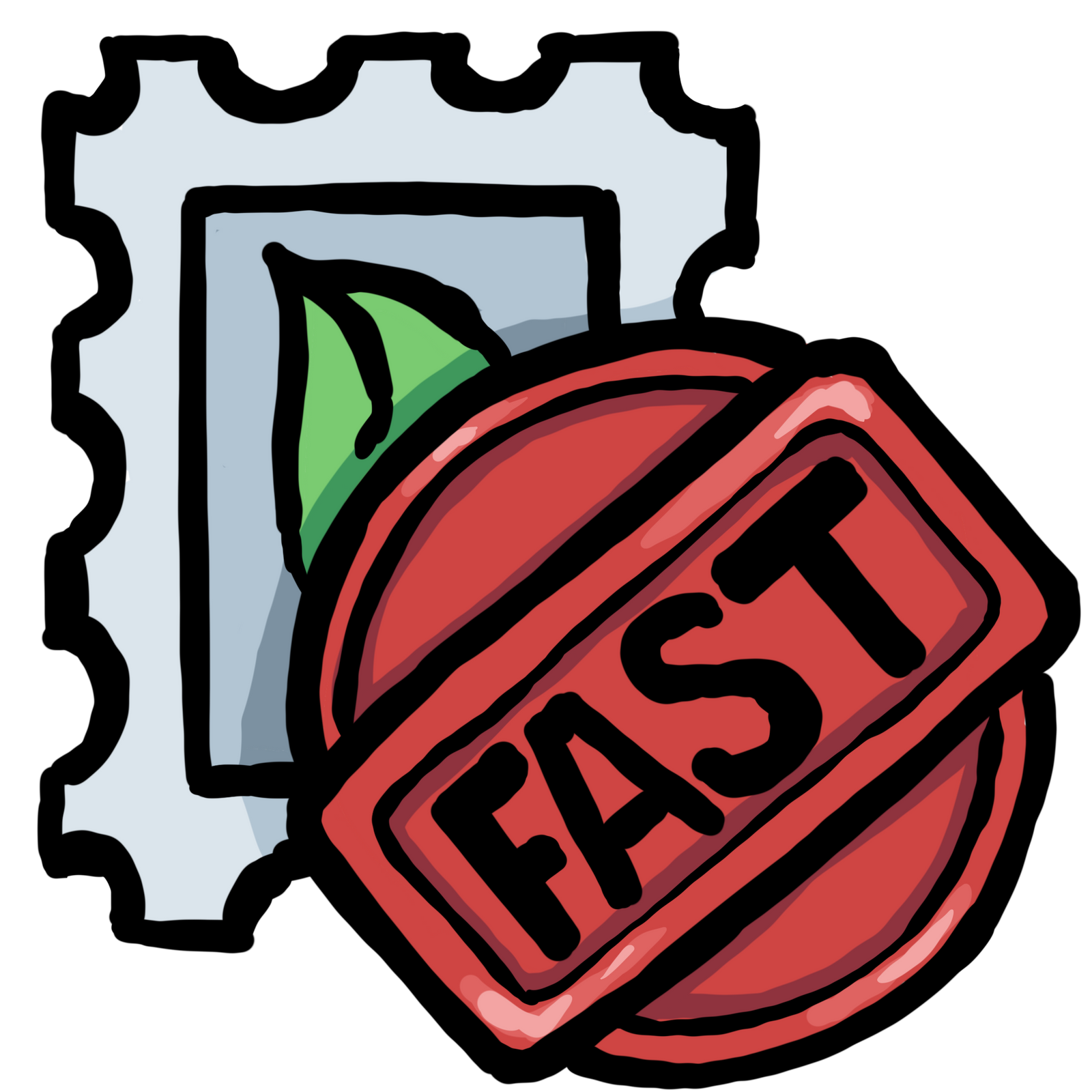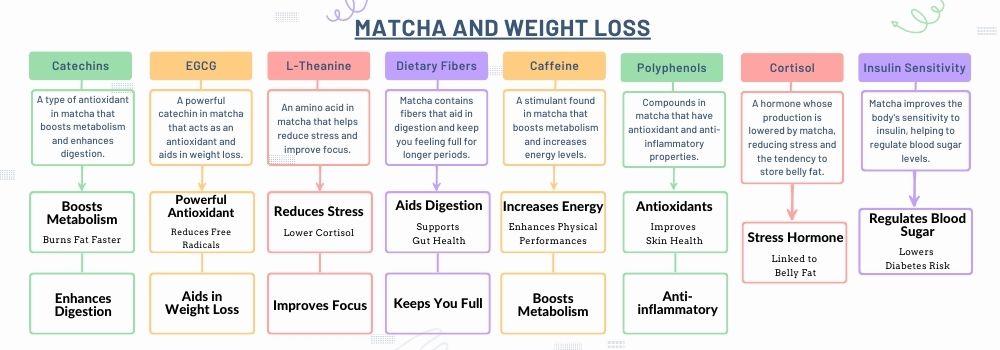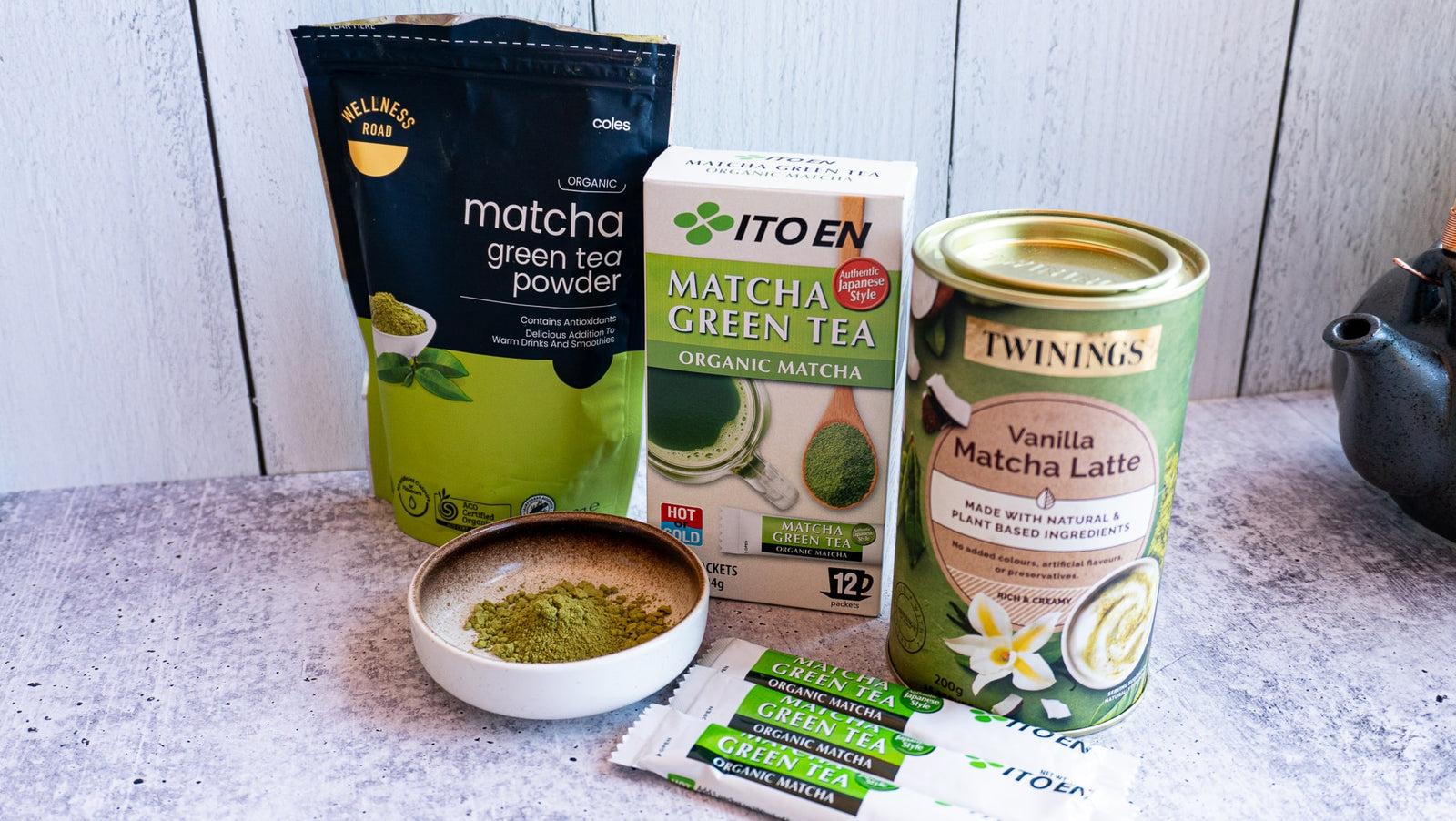Estimate Read Time: 5 minutes 20 seconds
---
As a kid, I hated studying.
I always wanted to be smart like those well-to-do kids in class. They had this focus like Navy SEALs I admired.
When I dropped out of high school, I thought how lucky they were to "have their shit together."
From then on I scoffed at the idea of sitting down to focus and study. Matter of fact, I didn't understand why they did it when you could be chilling on the PS2.
Because of this limiting belief:
The longest I could focus on hard creative tasks was 10 minutes and because I had to (while hating every second of it).
Today: I can focus for 60 minutes (90 on a good day) to do creative work that moves the needle.
I move faster on projects, feel happier and is able to "switch gears" to lock-in.
Here's the 5-step system I used that 6x'd my productivity:
- Time blocking
- Smart caffeine
- Getting used to boring
- Deep resting
- Progressive overloading
---
Time block as if your life depended on it
When I started to train my focus and attention span, I tracked the minutes I could lock-in until it was painful.
If my eyes got dry, or if a headache and brain fog was looming, I noted that down as my max focus time.
At the very start, it was 10 to 12 minutes.
Actually, I thought my attention was so low and stupid I threw the book out to hate-scroll the frustrations away.
But look at it this way:
When you start a fitness program, you have sets & reps of exercises you do to grow a muscle.
They call this the MEV (minimum effective volume).
As a strength coach I understood this: as long as you do the bare minimum, you're sure to grow—albeit slower.
So when it comes to growing our capacity for focus, we can use the same principles.
Here's what that looks like and how to write a focus program for yourself.
Step 1: Find your 1-rep max of focus
Set a stopwatch to time yourself on hard creative work that requires 100% of your attention.
For me it's writing emails, filming, editing and posting content for my matcha brand.
They're usually the stuff you've been avoiding.
You might have procrastinated on it for days.
Time yourself on the thing that's heavy with anxiety to find your 1RM.
This should take 1 day only. When you have the time, the real work starts.
Step 2: Design yourself a focus program
Now we're going to build your training split.
- Pick how many days you want to train your attention per week. (I recommend starting with 3-5 days)
- Pick your "off days." Like a bodybuilder, your brain needs rest to adapt.
- Open calendar app and schedule blocks of your maximum focus time. I call mine "Block 1," "Block 2," etc.
This is the starting point.
It's never about how long you can focus right now.
It's about how long you could be doing it for.
We want to hit that focus muscle 3-4 times a day. If that seems like a lot?
Then good.
The hard grows you fast.
When we're planning this, ignore your pre-conceived limits or potential. Avoid over estimating your abilities.
Ask yourself honestly: How many blocks of focus and days am I realistically going to give my best effort to train?
The program is the structure, but we want consistency as the strategy.
----
How to caffeinate yourself to the top (without crashing)
Most people caffeinate like idiots (myself included).
They slam 300mg of caffeine first thing in the morning, ride the wave for 90 minutes, then crash into brain fog by 11 AM.
Then they do it again at 2 PM. And wonder why they can't sleep at night.
Here's what I do instead:
The Smart Caffeine Protocol
Rule 1: Delay your first dose by 90-120 minutes after waking
Your body naturally produces cortisol in the morning (cortisol awakening response). Caffeine during this time creates tolerance without much benefit.
If you wake up at 8am, wait until 9-10 AM to dose yourself with caffeine. Personally, I'm a fan of matcha caffeine because it's also my morning practice of mindfulness.
Rule 2: Dose low and often
Instead of a nuclear 300mg bomb, I do 3-4 smaller doses of 50-75mg throughout the day.
This keeps you in the "focus zone" without the anxiety spike or crash.
My schedule looks like:
- 8:00 AM: First matcha (75mg)
- 10:00 AM: Second matcha (50mg)
- 12:00 PM: Third matcha (50mg)
Rule 3: Pair caffeine with L-theanine
This is where matcha becomes unfair.
Matcha naturally contains L-theanine, an amino acid that smooths out caffeine's jittery effects and extends focus without the crash.
The ratio in quality matcha is about 2:1 (caffeine to L-theanine), which is basically the ideal nootropic stack.
Coffee doesn't have this. Energy drinks don't have this.
But not everyone likes matcha. I get it.
Get yourself a bottle of L-theanine supplement to experiment with your caffeine routine.
Rule 4: Cycle off every 7-14 days
Every 14 days, I take a day off caffeine to reset tolerance.
I do this on Sundays.
Yes, I feel like garbage for half the day. But it keeps the protocol effective long-term.
----
Get used to boring makes hard stuff easier (dopamine reset)
Here's the uncomfortable truth:
Your brain is fried from years of TikTok, Instagram Reels, YouTube videos, and Reddit rabbit holes.
You've trained your dopamine system to expect a hit every 7 seconds.
Creative work doesn't work like that.
Writing an email, building a business, deep thinking—these things are slow. Boring. Painful at first.
Your brain will scream at you to check your phone.
To "have a peek" at notifications. To switch tabs and see what's happening on Twitter.
This is the addiction talking. Learn to dissociate from that voice and identity.
How to reset your dopamine so hard work feels fun (again)
Week 1-2: Go cold turkey on the worst offenders
Delete TikTok, Instagram, YouTube app from your phone.
Not logged out. Deleted.
We want to create barriers between our distractions.
It's best to keep your phone out of sight, where there's friction to access. Or switch it to FOCUS mode (on iPhones).
Week 3-4: Embrace boredom deliberately
- Wait in line without your phone
- Sit in silence for 5 minutes daily
- Take walks without podcasts or music
- Eat lunch without screens
This sounds lame. It's not.
A mistake most people make when they're at the gym is scrolling on IG or Facebook. They're so focused on it that they give 75% effort to their training.
We're training ourselves to be okay with nothing happening.
Week 5+: Feel the difference
After about 3-4 weeks, you'll notice creative work doesn't feel as painful.
Your focus blocks will start feeling…
Normal.
That's when you can start pushing to 45, then 60, then 75.
----
Deep rest (the 10x multiplier)
The hustle bros won't talks about this, but rest is where the gains happen.
Your focus muscle doesn't grow during the work blocks. It grows and adapts in recovery.
Here's my rest protocol:
Daily micro-rest between blocks
After every focus block, I take a 10-minute true break.
Not "checking email real quick."
I either:
- Go for a walk outside
- Do 10 minutes of stretching
- Lie down with eyes closed
- Make another matcha and stare out the window
The key is: no information input.
Weekly macro-rest
One full day per week where I do ZERO creative work.
No binging shows like I've "earned" the right to.
I treat off-days like an athlete treats rest day.
In reality, this part is where most fall off. They end up hammering themselves with news, videos and social media to casually "relax" but fail to understand that true relaxation is letting your mind breathe and rest.
For me this is non-negotiable. And will prove its worth if you implement this part of the protocol seriously.
Sleep like you're training for the Olympics
You can't out-train a bad diet.
If you don't sleep well, none of this matters.
Your focus will be garbage.
Your mood will be garbage.
Your progress will be garbage.
I aim for:
- In bed by 10 PM
- Asleep by 10:30 PM
- Awake naturally around 6:30 AM
I like to keep the room cool and low light to wind down.
The phone is banned and banished by 9PM.
----
Progressive overload (1% consistency compounds)
Remember how we started with your 1RM of focus?
Every week, we're going to add 2-5 minutes to your focus blocks.
If you started at 10 minutes:
- Week 1: 10 minutes per block
- Week 2: 12 minutes per block
- Week 3: 15 minutes per block
- Week 4: 18 minutes per block
It doesn't sound like much. But in 12 weeks, you'll go from 10-minute blocks to 35-minute blocks.
That's a 3.5x increase in your capacity to do deep work.
And unlike motivation or willpower, this compounds.
By month 6, you'll be doing 60-90 minute blocks like it's nothing.
----
Focus isn't a talent you're born with.
It's a skill you train.
And like any skill, it requires:
- A program (time blocking)
- Proper fuel (smart caffeination)
- Recovery (deep rest)
- Singular focus (dopamine reset)
- Progressive overload (slow increase)
The kids I looked up to weren't gifted.
They had a strategy & system.
Now you do too.
P.s don't forget to drink more water. ;)
Leo





